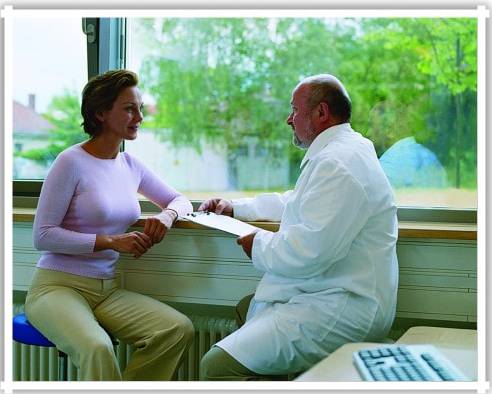Depression is not like the normal feeling of sadness we all experience when we get upset because something goes wrong. It is not temporary and does not go away in a short period as sad emotion does. Feeling sad for reasons that we can’t identify and last for more than three months are signs of depressive disorder. The signs and symptoms of depression have a large range. Everyone experiences depression differently. However, some commonality does exist in people who suffer from depression. Some of the symptoms that you might experience are:
Antidepressants and therapy can help you regain mental and physical health
Because depression is a mental illness that debilitates the person from functioning normally mentally and physically therapy and counselling can be beneficial. This illness does not only affect the people who suffer from it but also the families and everything around them.
There are different types of depression so it is important to recognize the signs and symptoms. If you or your loved one is experiencing any of the mentioned symptoms, call our professional team and learn about the right therapy for your type of depression.


When dealing with depression it is important to select the right crowd to hang out with. Emotions are contagious and the last thing a person in depression needs is negativity. As this mental illness takes a toll on your body and mind, it is important to surround yourself with family members and friends who understand your situation, and are there to listen to your issues and provide help.
Economic and educational status is another factor. Research shows that people with lower education and financial instability are more likely to be affected by depressive disorders.
Taking care of yourself is not selfish; it shows love and respect towards the most important person you know. Here are some tips for self-care which will help you boost your mood and as a result help you manage some of the depression symptoms.